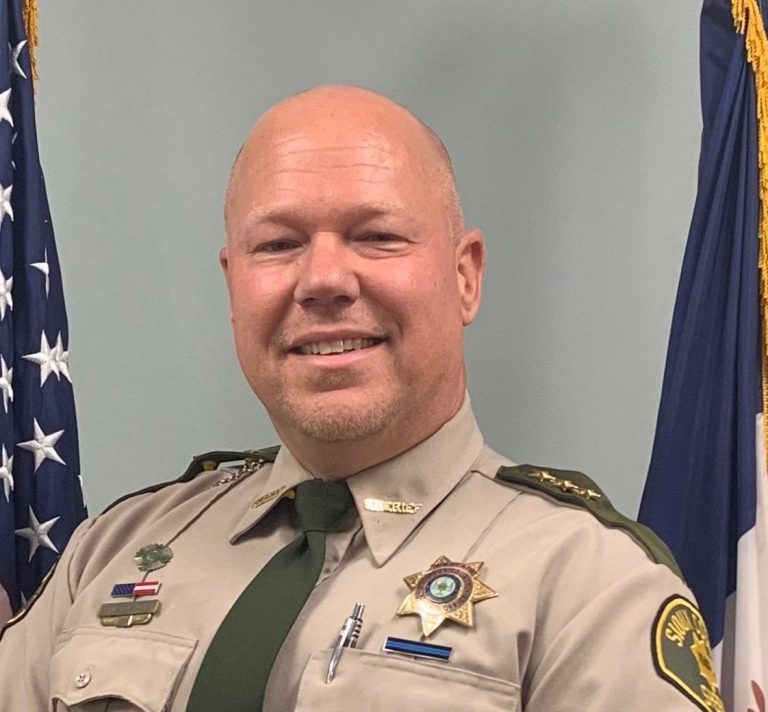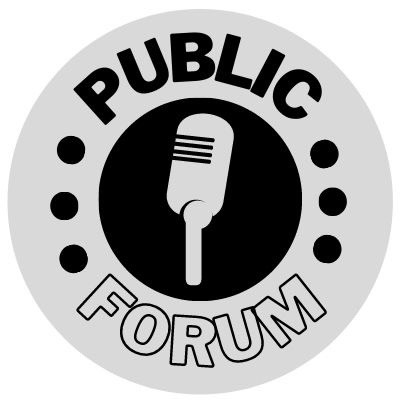Northwest Iowa — Several northwest Iowans are reporting receiving a call claiming to be from their electric provider and stating that they’re about to turn off the person’s electricity. Experts tell us it’s a scam.
Some electricity providers have even posted about the scam on their social media pages. Both the cities of Rock Valley and Hawarden have posted about the scam. The Rock Valley Police Department says residents have been receiving complaints that residents are receiving calls on their cell phones from someone claiming they are with “their utility power company” and showing a local phone number. The recording then gives a warning that the person’s power will be shut down in 30 minutes and then asks for the caller to push 1 to be connected with customer service. The Rock Valley police confirm that this is a scam. They say they are urging residents to hang up and call their local power company directly if they question the validity of the call. Residents are also encouraged to not give out credit card, bank account, or personal information. They say if residents feel they have fallen victim to the scam or have questions they can call the Rock Valley Police Department at 712-476-5716.
The City of Hawarden has a municipal power department. They also advise that if you get such a call, do not pay the caller anything, as it’s a scam. They say you can call the City if you need more information at 712-551-2565.
One of KIWA’s own employees has also received such a call. It also appeared to come from the same area code and prefix that the cell phone was from and was identical in every way to the calls the Rock Valley Police reported.
A check of social media shows that this scam is going on across northwest Iowa but also across the nation. It doesn’t appear to have anything to do with who your electricity provider is. We’ve heard from customers of rural electric coops, municipal electricity departments, MidAmerican Energy, Alliant Energy, and more, who have all received the call.
MidAmerican Energy tells us that you must be given a written notice at least 12 days before the utility service can be shut off for nonpayment. This notice will include the reason for shutting off your service. However, they say that if you have not made payments required by an agreed-upon payment plan, your service may be disconnected with only one day’s notice. But they will not turn your electricity off with only hours or minutes to respond. MidAmerican says the utility must also try to reach you by telephone or in-person before it shuts off your service.
Geoff Greenwood, MidAmerican’s spokesperson says they make several efforts to notify and try to contact a customer if their account is past due or facing disconnection, including notices that accompany their monthly bill and separate mailed notifications. He says MidAmerican will also try to call the customer if they don’t hear from them. But he emphasizes that when MidAmerican speaks with a customer – whether they called the company or the company called them – MidAmerican will make every reasonable effort they can to work with the customer. Disconnection is a last resort.
Greenwood also says that a customer should not trust the information that appears on their caller ID display, because it can be manipulated. He says if you receive a threatening call, hang up. Don’t call the number that’s on your caller ID display. Instead, call the number that’s on your bill or on the front page of your electricity provider’s website and they’d be happy to verify your account status. Or, if you’re enrolled in their online service, you can log in and check it there.
He says MidAmerican will not call out of the blue and demand payment through one means only, which is generally what a scammer does. Scammers often demand immediate payment via a prepaid money card (such as a Green Dot card), wire transfer, electronic payment platforms (such as Zelle), or even a gift card (such as an iTunes card).
If you’re a MidAmerican customer, you can report the scam by calling them at 888-427-5632. People who receive the call can also report it to local law enforcement, the Iowa Attorney General’s office and/or the Federal Trade Commission.













